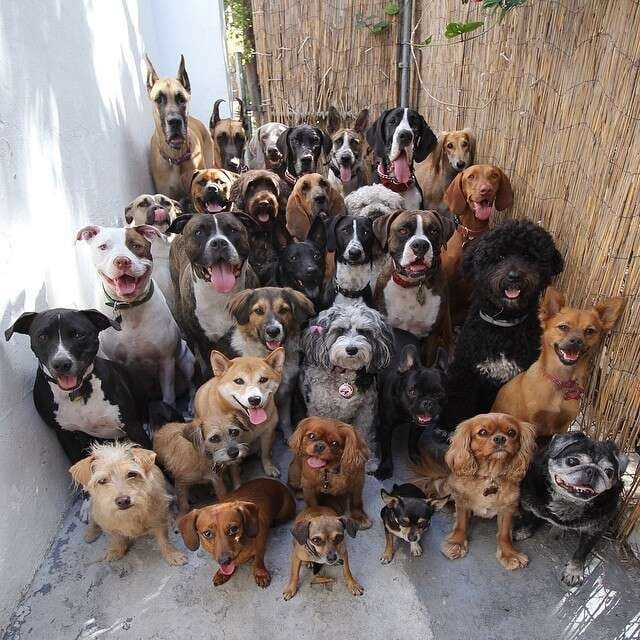Pretty much everyone here either misunderstands how evolution works, or is willfully ignoring it to push their viewpoint.
Humans at this point have very little evolutionary pressure from natural selection. We aren’t getting weaker, shorter, taller, or anything like that from natural selection because those traits aren’t killing people.
The main driving factors for human evolution are sexual selection, random mutation, and genetic drift. There are still some poorer areas disease may still play a not insignificant part, but even that is fairly minimal since people largely live to reproductive age.
Human evolution has been fairly stagnant for quite a while. The differences most people would notice are from changes in diet, environment, and other external forces. For natural selection to pressure evolution we would need to have a significant portion of the population sure before they are able to reproduce.

